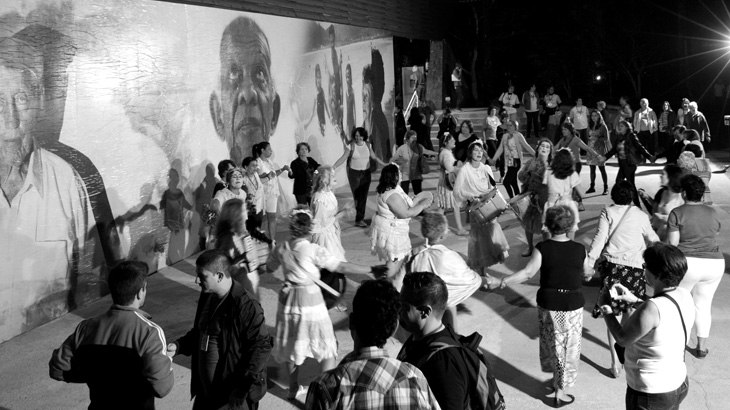Postado em
A terceira idade em questão

Clique aqui para fazer o download do texto completo (arquivo em formato pdf com 202kb)
Joel Birman (1)
RESUMO
O presente ensaio propõe uma reflexão sobre a transformação crucial pela qual a figura do velho passou desde os anos 70 e 80 do século XX no mundo ocidental. Desde então, a velhice ganhou novos contornos que ocasionaram a origem do significante e do conceito de terceira idade, enunciando a existência de novas potencialidades na idade avançada. Quando o Ocidente promoveu esta mudança, transformou a relação que era até então estabelecida com a velhice, no registro existencial. Assim, de figura esquecida no espaço da família, como era entendido desde o final do século XVIII, no qual apenas cabia aos velhos a expectativa da morte real, para materializar a morte simbólica que já acontecera no espaço social, nas suas novas figurações o velho passou a ter uma experiência social. Diferentes fatores se conjugaram de maneira complexa para produzir o conceito de terceira idade. A indagação inicial que este trabalho impõe é qual foi o contexto histórico no qual esta transformação ocorreu. Além disso, é preciso sublinhar quais as dinâmicas sociais e políticas que ocasionaram tal modificação. Com efeito, por essa transformação, a velhice deixou de representar o fim da vida e a expectativa da morte, para indicar um tempo outro da vida e da existência.
Palavras-chave: terceira idade; registro simbólico e funcional; contexto histórico.
ABSTRACT
The present essay proposes a reflection about the ultimate transformation through which the figure of elderly people has gone since the 70’s and 80’s in the 20th century in the eastern world. Since then, old age has gained new features which provided the origin of a new signifier and the concept of Third Age, announcing the existence of new possibilities for the elderly. When the eastern world promoted this change, it transformed the relationship between society and old people existing until then. Since that moment on, old people started having social experiences, instead of being the forgotten characters in the family, as they were featured since the ending of the 19th century - in which what was expected from old people was only the actual death to materialize the symbolic one in the social spaces. Different elements have brought on, in a complex way, the concept of Third Age. The initial question proposed
by this paper is the historical context in which the transformation took place. Besides that, it is essential to underline the social and political dynamics that led to such modification. Indeed, because of this transformation, old age stopped representing the end of a lifetime and death expectation only and started being understood as another time in life and in existence.
Keywords: third age; functional and symbolical registration; historical context.
1) Psicanalista, membro do Espaço Brasileiro de Estudos Psicanalíticos e do Espace Analytique, professor titular do Instituto de Psicologia da UFRJ, professor adjunto do Instituto de Medicina Social da Uerj, diretor de Estudos em Letras e Ciências Humanas, da Universidade Paris VII, e pesquisador associado do Laboratório “Psicanálise e Medicina e Sociedade”, da Universidade Paris VII.





